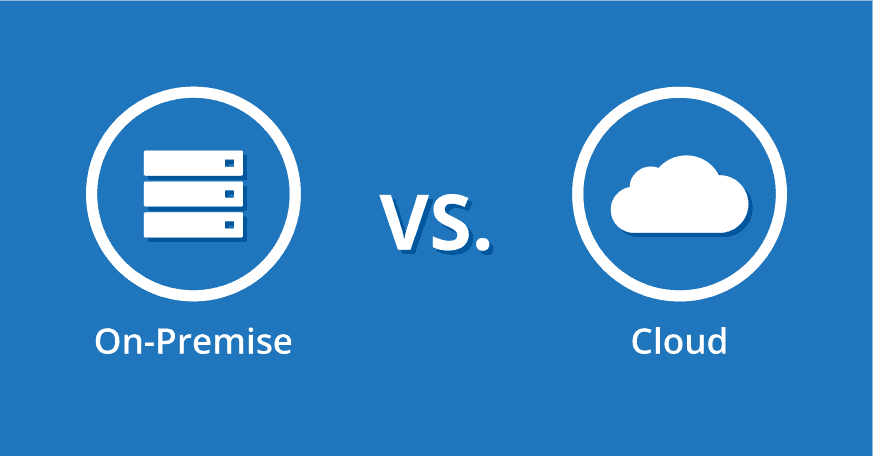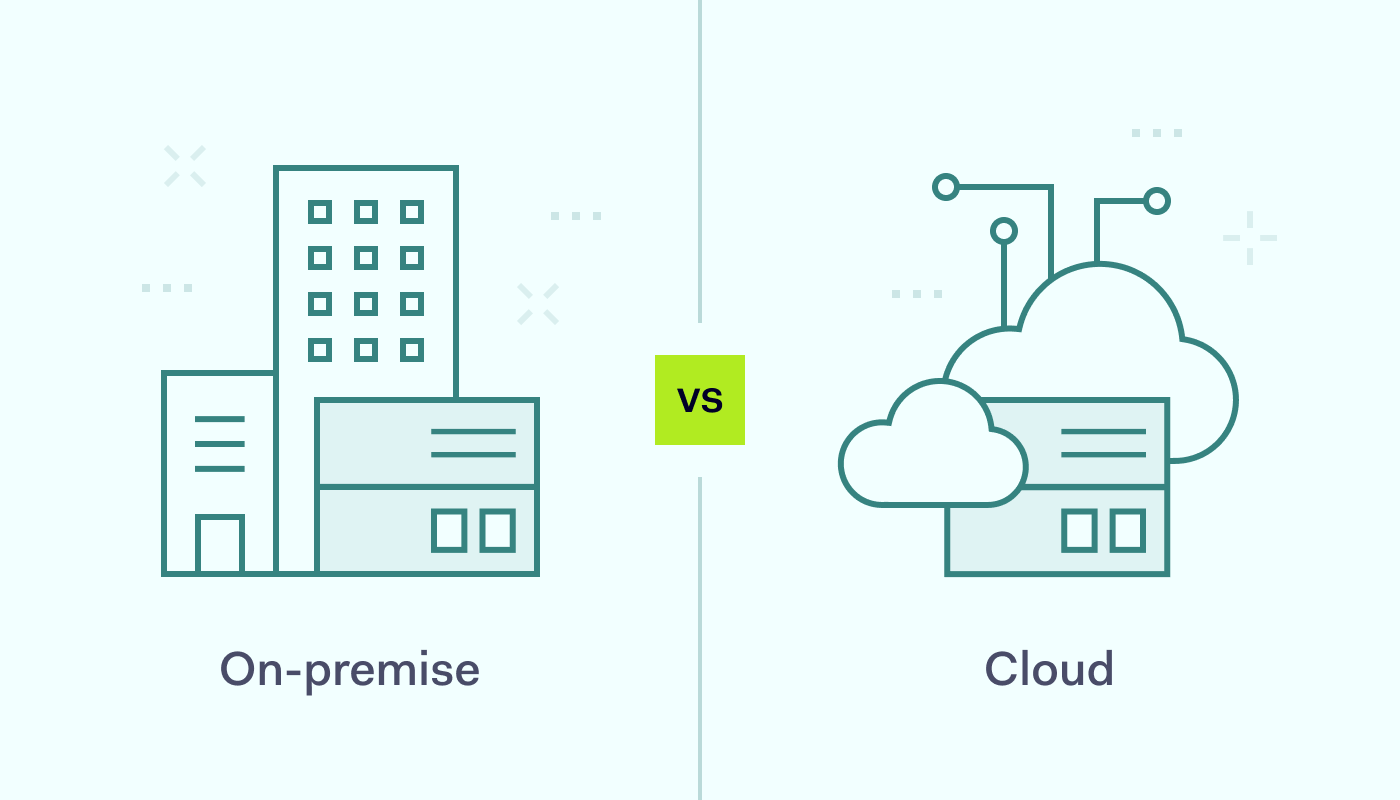Currently Empty: $0.00

Business: On-premises vs Azure Cloud
With the rise of cloud computing, organizations are increasingly considering the benefits and limitations of Business: On-premises vs Azure Cloud solutions such as Azure Cloud. Both approaches have their own unique set of benefits and limitations, and the choice of the best approach depends on your organization’s specific business needs and goals.

Business: On-premises vs Azure Cloud Benefits
Benefits of On-premises Infrastructure:
1. Control and customization:
On-premises infrastructure provides more control and customization over the environment as it is physically located within your organization’s premises, and you can configure it to meet your specific business needs. This level of control is especially important for businesses that require a high level of security or have specific regulatory requirements.
2. No dependence on Internet connectivity:
On-premises infrastructure does not rely on Internet connectivity, which means that you can access your resources even if there is an Internet outage. This can be critical for businesses requiring continuous access to resources, such as hospitals or emergency services.
3. Data privacy and security:
On-premises infrastructure provides more control over data privacy and security, as you can implement your own security measures and have more control over access to your resources. This can be especially important for businesses that deal with sensitive data, such as financial or healthcare organizations.
4. Predictable costs:
On-premises infrastructure has predictable costs as you only pay for the hardware and software you purchase, and you can use them for as long as you need. This can be beneficial for businesses with stable workloads that do not require significant changes to their infrastructure.
Benefits of Azure Cloud:
1. Scalability and flexibility:
Azure Cloud provides scalability and flexibility as you can quickly scale up or down resources as per your requirements without the need for significant capital expenditure. This can be beneficial for businesses with variable workloads or those that require significant changes to their infrastructure.
2. Cost savings:
Azure Cloud can help reduce costs by eliminating the need for on-premises infrastructure, reducing maintenance and support costs, and optimizing resource usage. This can be beneficial for businesses that want to reduce their IT spending or need to allocate their resources to other critical areas of their business.
3. Reliability and availability:
Azure Cloud provides high reliability and availability, as it is designed to provide continuous service even in the event of hardware or software failures. This can be beneficial for businesses that require high availability for their resources, such as e-commerce or online gaming businesses.
4. Access to new technologies:
Azure Cloud provides access to the latest technologies and services, such as AI, IoT, and big data, which can help you innovate and stay competitive. This can be beneficial for businesses that want to leverage the latest technologies to improve their operations or develop new products and services.

Overall, Business: On-premises vs Azure Cloud have their own unique benefits, and the choice of the best approach depends on your organization’s specific business needs and goals. Many organizations opt for a hybrid approach, which combines the benefits of both on-premises infrastructure and cloud-based solutions, to achieve a balance between control, security, scalability, and cost-effectiveness.
Conclusion
Before deciding on which approach to choose for Business: On-premises vs Azure Cloud, you need to analyze your business requirements, evaluate the benefits and limitations of each approach, and consider the costs involved. You should also consult with a trusted partner or consultant who can help you design and implement the best approach for your organization’s specific needs. With careful planning and execution, you can achieve a secure, scalable, and cost-effective IT infrastructure that supports your business goals and growth.
Sure, here are some reference links for further reading on Business: On-premises vs Azure Cloud:
Azure vs On-Premises Infrastructure: Which is the Best Option for Your Business? – https://www.sherweb.com/blog/cloud-server/azure-vs-on-premises-infrastructure/
Benefits of Azure Cloud – https://azure.microsoft.com/en-in/overview/what-is-azure/
Benefits of On-Premises Infrastructure – https://www.techopedia.com/definition/28608/on-premise
Hybrid Cloud vs Multi-Cloud: What’s the Difference? – https://azure.microsoft.com/en-in/overview/what-is-hybrid-cloud-computing/
Cloud Adoption: Public vs Private vs Hybrid – https://www2.deloitte.com/content/dam/Deloitte/global/Documents/Technology-Media-Telecommunications/gx-tmt-2019-tech-trends.pdf (Page 8)




Get Started with Azure Site Recovery – Welcome to Solution
[…] Business: On-premises vs Azure Cloud […]